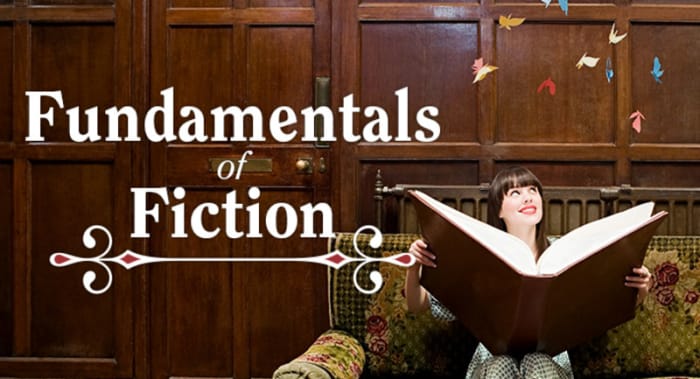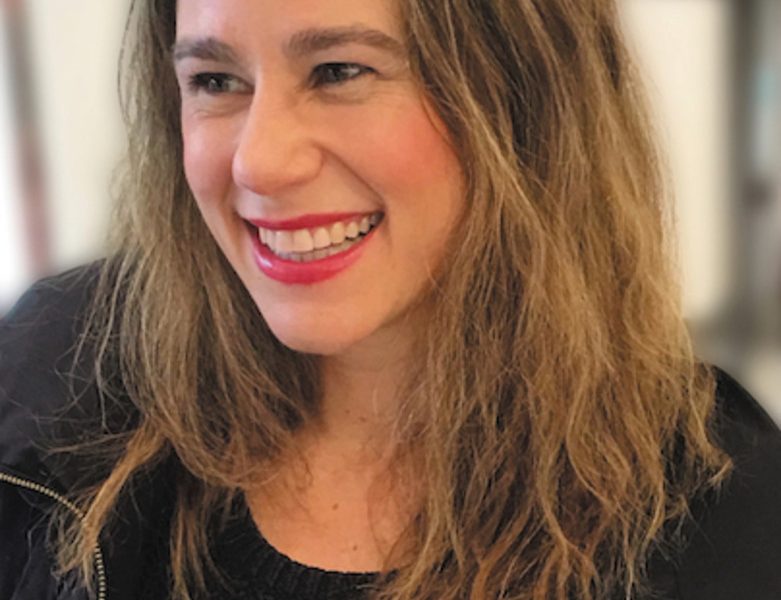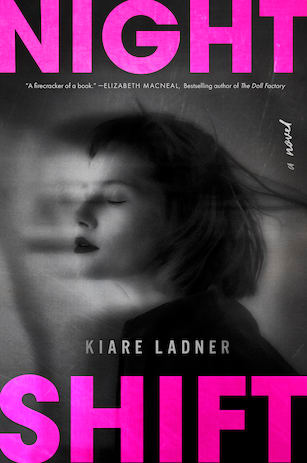Kiare Ladner: On Anticipating False Summits
Kiare Ladner’s short stories have been published in anthologies, broadcast on the radio and shortlisted in competitions, including the BBC National Short Story Award. Nightshift is her first novel, written while studying for a PhD. Prior to that she did a Prose Writing MA at the University of East Anglia. She teaches at various institutions in London and also mentors other writers. You can find her at kiareladner.com and on Instagram.
In this post, Kiare discusses the release of her debut literary novel, Nightshift, in the midst of the pandemic, its revival with a U.S. publication, and more!
Name: Kiare Ladner
Literary agent: Cathryn Summerhayes at Curtis Brown
Book title: Nightshift
Publisher: U.S.: Custom House (HarperCollins); U.K.: Picador
Release date: U.S.: February 8, 2022; U.K. paperback: February 17, 2022
Genre/category: Literary; Coming of Age; Psychological
Previous titles: The BBC National Short Story Award 2018
Elevator pitch for the book: A haunting, compelling debut novel of complex female friendship and obsession, following one young woman’s decision to abandon her normal life and join the otherworldly, nocturnal existence of London’s nightshift workers.
IndieBound | Bookshop | Amazon
[WD uses affiliate links.]
What prompted you to write this book?
Short of words for my Creative Writing PhD, and short of time in which to write them, I needed to get a novel down in haste. So I combined a setting I’d worked in (a nightshift job similar to Meggie’s) with topics that fascinate me: reinvention, obsession, and close female relationships.
How long did it take to go from idea to publication? And did the idea change during the process?
My first effort, from conception to a readable draft, took just over three months. Feedback was that the story was compelling. My second draft took two and a half months. This version was more polished and solid, but it had lost its feverish energy. I felt despair. Yet I’d encourage writers in a similar position: Hang in there!
Although the editing process isn’t smooth, it’s incredible how much a story can change and improve from draft to draft. Six months later, I spent six weeks on the novel—and that brought Nightshift to the version my publishers bought.
It wasn’t the end. Approaching publication a couple of years on, my Picador editor suggested providing more novelistic context, and clearer motivations for the protagonist. For six months I worked on the final edit. I wrote a lot of extra material, then pulled back leaving only traces. Line by line I also cut as much as I could so that the finished book was only 2,000 words longer than the original and followed the same trajectory.
Were there any surprises or learning moments in the publishing process for this title?
When my agent Cathryn Summerhayes sold the book to Ravi Mirchandani at Picador, my life felt like it had swung into a dimension I didn’t know existed. And when Molly Gendell at Custom House bought the U.S. rights, it was simply amazing.
But being published in the U.K. felt entirely different to what I’d expected. When the novel came out, we were mid-lockdown because of the pandemic. That muted the experience considerably.
Now it’s another phase. I feel relieved to have the initiation over, excited about Nightshift’s U.S. publication, and delighted to have the book out in the world.
Were there any surprises in the writing process for this book?
Often I encourage my creative writing students to write against their natural inclination.
Before, I was an extremely slow writer. Being forced to go fast was interesting. It’s fun to find you can do something you accepted you couldn’t. But there were other surprises, too. When I wrote faster, the content and style of my work changed. I discovered a different version of my writing self.
Now I vary my process. Different projects have different requirements. But it’s great to have more resources to draw on.
So I say to my students, Play, experiment. Push against your limitations. You never know what you’ll find …
What do you hope readers will get out of your book?
An honest glimpse into another kind of life.
If you could share one piece of advice with other writers, what would it be?
When you get negative feedback on your work, hide your pain. Give it a few days. Then go back to the drawing board and try again. The writing process is full of false summits: You think you’re there, only to realize you have much farther to go. That’s the nature of it.
There’s a difference between maintaining the integrity of your work and refusing to see its flaws. Of writers I’ve known, those who’ve achieved the most have been consistently prepared to roll up their sleeves, try again, and keep at it.

Have an amazing story idea, but need to learn the basics of how to write a book? Creating a story that is dynamic and engaging takes a lot more than just setting aside an hour every day to write. This course will take you through all of the basics of writing a novel, including how important it is to choose a great setting, how to build characters, what point of view you should choose, how to write great dialogue, and more.




